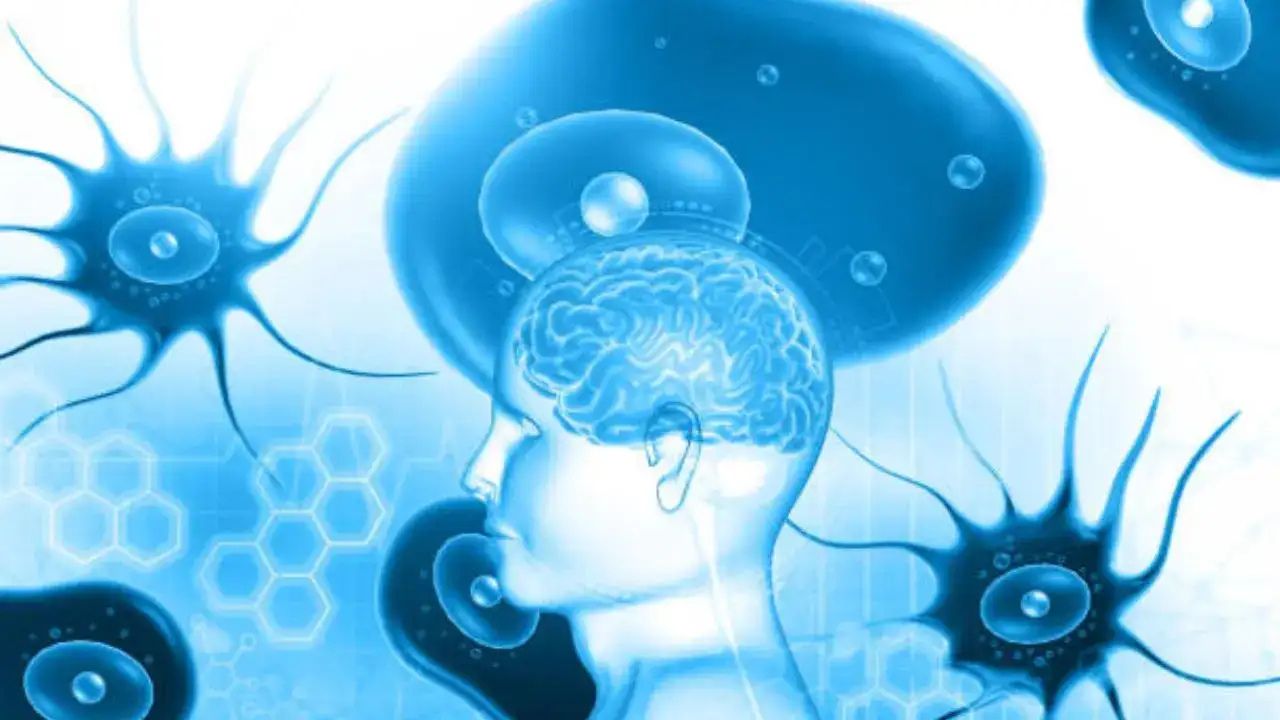 English
English

Amoebic encephalitis is worth noting that this infection is quite fatal and its cases have been seen in Kerala earlier as well.

Representational Image
Thiruvananthapuram: After the outbreak of Nipah virus in recent months, another case of a serious infectious disease is coming to light from the southern state of Kerala. On Saturday (August 16), officials said that a nine-year-old girl died two days ago due to amoebic encephalitis infection in Kozhikode district of northern Kerala. This is a rare type of brain infection, which is caused by amoeba found in infected contaminated water.
A senior health official said that the girl was admitted to the hospital on August 13 due to fever. When the condition deteriorated rapidly, she was shifted to Kozhikode Medical College on August 14, where she died the same day.
The sample was examined late Friday night in the microbiology lab of the medical college. Investigation revealed that the cause of the girl's death was amoebic encephalitis. It is worth noting that this infection is quite fatal and its cases have been seen in Kerala earlier as well. It is also called 'brain eating amoeba'. After this case came to light, the officials have advised all the people to remain alert and take precautions.
Fourth case this year
Health experts said, we are trying to identify the reservoir where the girl got this disease due to contaminated water. Once the reservoir is identified, we will look for those people who might have bathed in it recently, so that they can be saved from the ill effects of this deadly infection.
The official said that this is probably the fourth case of rare brain infection in the district this year. Last year also, cases of this infection were reported in many districts of Kerala.
Know about amoebic encephalitis
According to medical experts, amoebic encephalitis is a rare and fatal infection of the brain. It can be broadly classified into primary amoebic meningoencephalitis (PAM) and granulomatous amoebic encephalitis (GAE).
Amoebic encephalitis or primary amoebic meningoencephalitis (PAM) is a disease caused by infection with an amoeba called Naegleria fowleri. This infection starts destroying brain tissue, leading to severe swelling in the brain and death in most cases.
Data shows that although it is rare, it can usually occur in healthy children, adolescents and young adults. The risk of infection can be high when contaminated water enters the nose. People who dive in water have been seen to be at higher risk.
What problems do the infected face?
Study reports show that the initial symptoms in the infected are usually flu-like, which may include headache, fever, nausea and vomiting. In severe cases, there may be an increased risk of brain-related problems such as stiff neck, confusion, seizures, coma. Its symptoms can develop rapidly and the infection can be fatal within five to 18 days.
Seizures can occur due to swelling of the brain. Some infected people may also have hallucinations and problems with body balance.
Experts gave advice for prevention
The health department warned people and said, children should avoid bathing in ponds or stagnant water. It is also important to regularly chlorinate the water in swimming pools and water theme parks. There is a risk of this infection due to coming in contact with contaminated water.